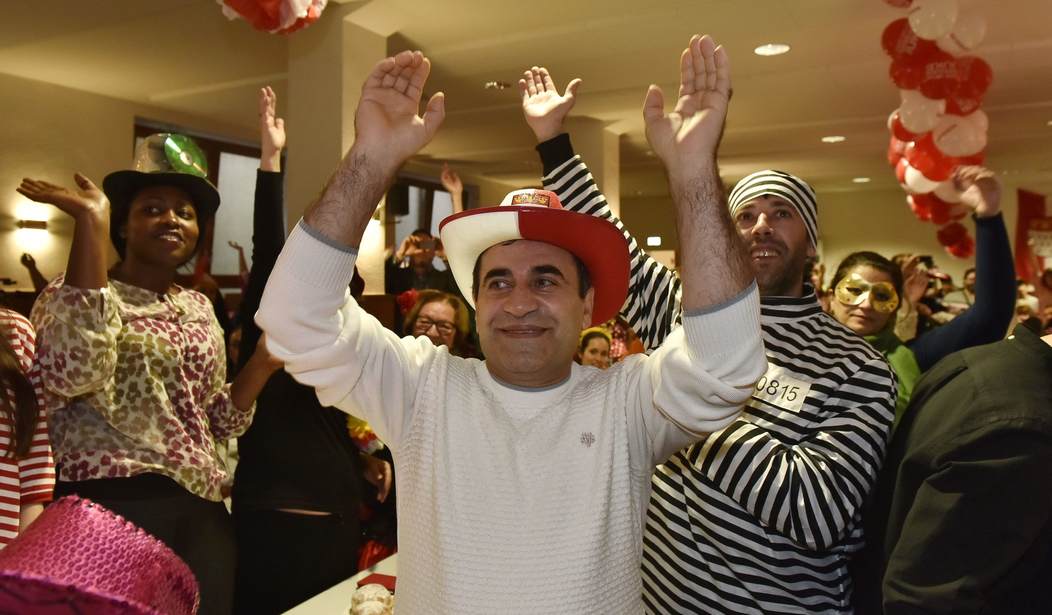Sheltering “refugees” (and invaders) from the Middle East will cost Europe dearly. Not only will the Continent’s beautiful cultures be fundamentally transformed by the newcomers who don’t share our values, they will also cost us tens of billions of dollars.
In Germany alone, the “immigration” crisis will cost German taxpayers $55 billion in the coming two years, the Institute for the German Institute for Economic Research has calculated. According to the institute, total costs for this year will be $25 billion. That’s shocking all right, but it’ll get even worse: Berlin will have to spend as much as $30 billion on the immigrants in 2017.
That’s $55 billion in total and we’re not even taking the years afterwards into consideration.
The most terrifying aspect of this news is that the German government did not take these extra costs into account for its budget. Berlin would have a surplus of $18 billion this year (which would be a one-time godsend), but that surplus will now change into a $7 billion deficit. Add to that the $30 billion refugee costs in 2017, and the Germans have a massive budget gap of $37 billion. The institute projects that Finance Minister Wolfgang Schäuble will have to take out billions of dollars in loans — loans future generations will have to pay off.
In its calculations, the institute assumes that as many as 1.5 million refugees will come to Germany in 2016. That’s a 40% increase compared to last year when 1.1 million asylum seekers arrived. The scary part is that the institute’s estimations are quite likely conservative in nature. The financial dislocation could be much worse with even more migrants coming to Germany (and to Europe in general), which will also result in significantly higher costs.
Although Chancellor Angela Merkel belatedly is taking steps to curb immigration — for instance by making it impossible for newcomers to reunite with their family members who were left behind in the Middle East — those policy changes don’t seem to have much of an effect on the tide of mostly Muslim “migrants” still steaming towards old Europe.









Join the conversation as a VIP Member